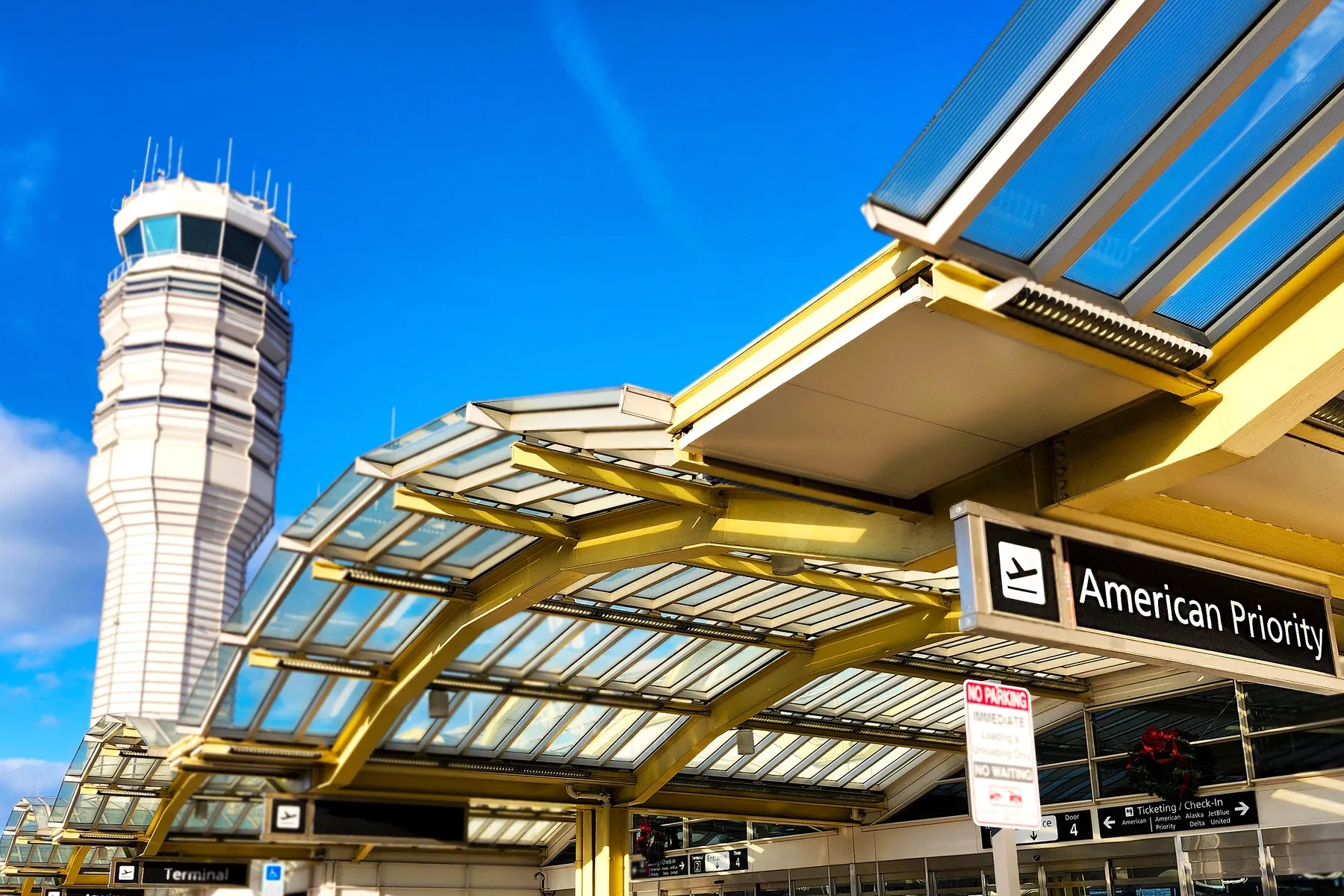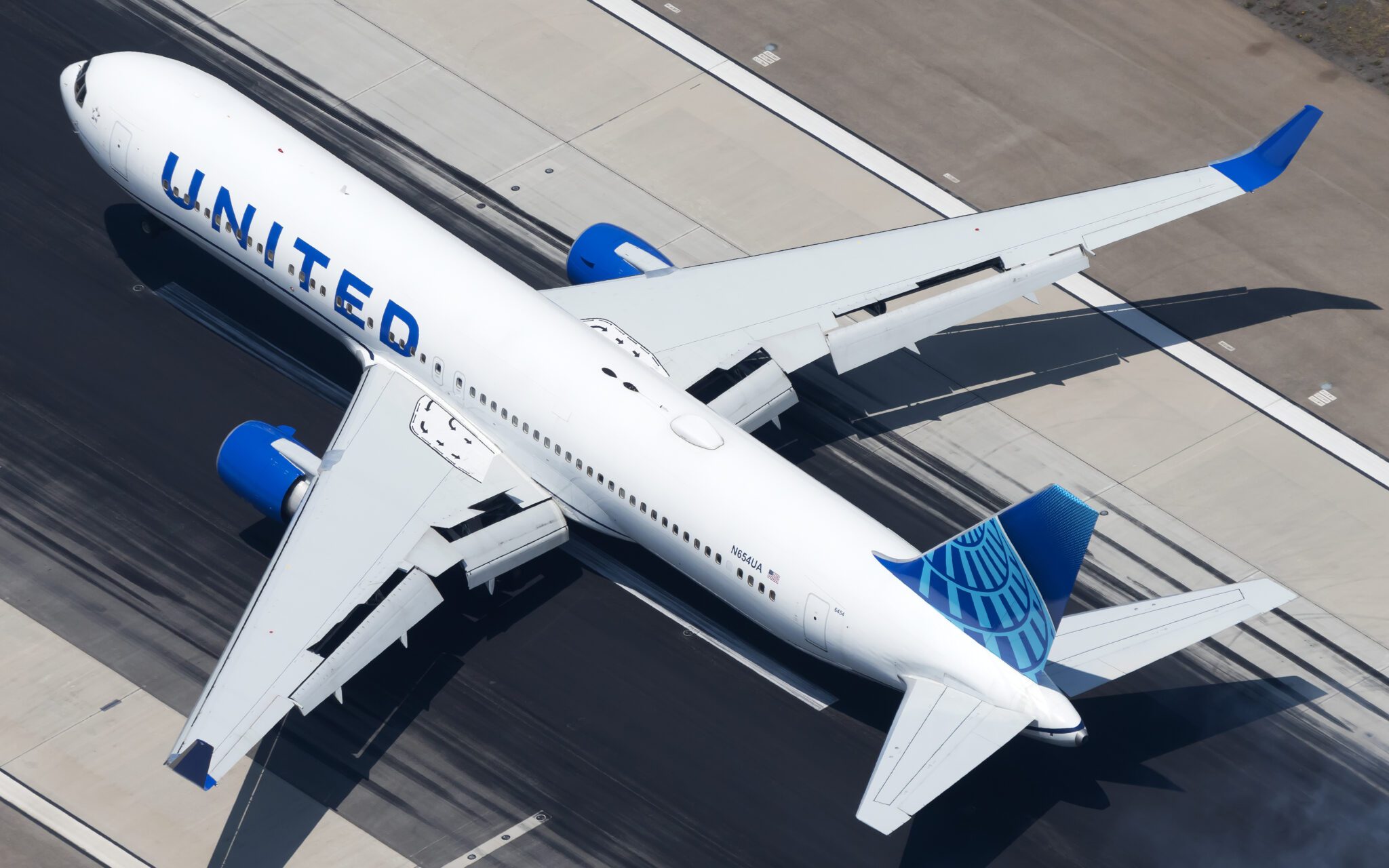Southeast Asia's Fragmented Tours Sector Gets Long-Awaited Tech Upgrade

Skift Take
When you think of Southeast Asia, one automatically assumes the region is largely tech-enabled with its super-app culture and payment wallets that leapfrogged traditional banking; all fluidly switched on for digital purchases. But this couldn't be further from the truth for the tours and activities landscape across the region.
Southeast Asia's experiences sector is decades behind the hotel industry in terms of technology adoption, while Singapore operated major attractions, like its Universal Studios at Sentosa Resorts, without any application programming interface (API) connectivity.
Riding the tail end of pandemic recovery, the region continues to see a significant digital boom, forcing changes to how experiences are being booked and planned, as consumer purchasing habits are driven by digital connectivity, now more than ever.
In Southeast Asia specifically, the shift to online lifestyle services spiked in 2021, according to trends detailed in Google's SEA 2022 Economy Report. And while digital adoption is normalizing for the travel sector, from 58 percent uptake in 2021 to four percent in the first half of 2022, the region's digital travel economy is expected to grow by 20 percent year-on-year by 2025.
Skift spoke to a few industry experts in the business-to-business (B2B), API connectivity space, and consumer-facing tours and activities, online travel agencies, and marketplaces to understand how they're finally using tech to transform the travel experiences sector.
Southeast Asia's Destination-Specific Dominant Platforms
"The upside of the pandemic is that it has accelerated the pace of adoption. Everybody thinks that Asia is tech-enabled, but when it comes to the travel activity space, it's a very different story. We have to remember that a very traditional and offline sector is coming online," said Blanca Menchaca, co-founder CEO of BeMyGuest, a connectivity and distribution platform for tours and activities operators in the region.
BeMyGuest data estimated the global value of the tours and attractions sector to be $150 billion, with 40 percent of that $60 billion transacting in Asia. Yet, only 20 percent of the region's experiences sector is online.
She added that recovery has been much faster for the companies who adopted tech solutions during the Covid period, noting that before Covid, prominent offline travel agents moved a lot of the volume of attractions, activities, ticketing or reservations for day tours or things to do.
In 2023, there are more API integrations, especially for larger attractions and theme parks.
"Pre-Covid in Singapore, no one attraction had an API. You would think that companies like Universal Studios had an API back in the day," she added as an example.
But according to Menchaca, that is all changing. BeMyGuest has spent a decade developing its multi-market operator and agent network, connecting operators and attractions to some key distribution platforms, noting that Southeast Asia has dominant players within each regional destination.
Brands like Tiket.com and Traveloka are strong in Southeast Asia's Indonesian market. You have MyRealTrip and Triple from Yanolja as the big players in Korea. BeMyGuest had the first API connectivity with the dominant China platform Trip.com (formerly C-trip), with others to note in China, including Meituan and Fliggy, an Alibaba-owned online travel platform.
Menchaca said the company has also just worked with Singapore Airlines to develop its niche tours and activities platform Pelago.
As a company, it has also expanded its channel management offerings beyond distribution to include a booking system, pricing optimization, and content features with translation services to help the tours and activities space meet the demand for personalized, omnichannel and humanized experiences.
GoCity's Localized Approach for Digitally Savvy Tours and Activities
While transforming experiences through tech adoption is increasing, offline fragmentation remains a real challenge, according to GoCity's Asia Pacific region senior vice president Baidi Li.
GoCity, the world's largest sightseeing pass company, entered the Southeast Asia market just before the pandemic in 2018. The company is heavily focused on its growth phase in the region, building local teams and local capabilities.
Li, who has an extensive background in the experiences sector, having headed up Viator's Asia Pacific efforts previously, told Skift that the reality is the Southeast Asia experiences sector is about "20 years behind hotels in terms of the technology adoption."
GoCity is firmly focused on building deep strategic partnerships across this diverse region. Investment has gone into setting up a fully functional investment team headquartered in Singapore - with teams in Hong Kong, Seoul, Bangkok and Sydney, with the autonomy to run with its own ideas for a deep focus on building relationships with local experiences businesses. It is also geared to build Asia Pacific products to activate sales channels like a WeChat mini program and social commerce platforms, she added.
Developing its own booking system through strategic partnerships with GlobalTix for example would also help tours and attractions improve their customer experience "so that consumers really can just use one app, one QR code, hassle-free."
Li added that Singapore is ramping up to become GoCity's third-largest destination market in the next three years, after New York and London.
"Our value proposition is very strong for the long-haul market. We've recently partnered with Mandai Wildlife Group, one of the most renowned attraction groups in Asia." She says this further illustrates GoCity's ability to be a promotional partner platform within the region. When asked whether it wanted to develop into a marketplace or super app of sorts, Li laughed off the suggestion.
The only true super app in her personal opinion, is WeChat. She added that any company wanting to be a super app is "insane." because they're starting with a "semi-important vertical, rather than messaging bread and butter services of the original super app. WeChat touches everyone's life."
For now, the company was fully focused on its growth of "deeply embedded partnerships" instead of attempting to become a super app itself.
Klook's Differentiation as a Super App
Klook, as a leading tours and activities booking platform, accounts for 50 to 60 percent of the experiences market mindshare in the region. That's according to Eric Gnock Fah, the company's co-founder and chief operating officer, who told Skift that Klook continues to shift from an experiences platform to an all-in-one destination services app.
Fah singles out the significance of in-destination ground transport as an illustration of Klook's positioning, pointing to the market being ripe for the convergence of travel services, unlike others that have developed separately.
Before the pandemic, the company invested significantly into point-to-point rail tickets and passes on its platform for trains in Japan, South Korea, Taiwan, China, and Europe through a tie-up with Rail Europe.
"It isn't just an experience. It's experience plus transport. If you look at Europe, it will be more like GetYourGuide plus Omio as standalone companies. But in Asia, we are a combination of those two. That's why we sell airport pickups, airport trains, even Wi-Fi and sim cards because you need that when you're in the destination, and it helps you get onto the next train, and it helps you to get to your next experience."
While not a trend limited to the East, the super app phenomenon has significantly impacted Klook's audience growth and online travel bookings, especially for its mobile app - as its audience grew from an estimated 30 million per month towards the end of 2019 to an estimated 40 million monthly users in 2023. Klook's experiences base is also five times bigger than before the pandemic, "offering 530,000-plus experiences, up from 100,000 pre-Covid in 2019."
The platform is also focused on broadening its base of customers while enabling operators to extend their reach in the face of a short-haul and domestic travel boom brought about during the pandemic. It's recent partnerships with two key players in Vietnam's experiences and attractions scene, Sun World and VinWonders would drive product digitization and reach through its various digital marketing campaigns.
Klook has also just entered into a multi-market partnership with the Tourism Authority of Thailand (TAT) to drive visitors from key markets to Thailand, one of the top three most visited destinations for the company globally. Targeting free and independent (FIT) millennials, the partnership will cover seven markets including the likes of Hong Kong, India, Indonesia, Malaysia, Philippines, Singapore and Taiwan.
"Domestic travel has been quite strong over the last three years. Now the business is basically two-fold with robust domestic travel and cross-border travel roaring back," said Fah. Another positive indicator was visitor frequency thanks to its domestic focus, which has "increased over the usual overseas travel frequency of once or twice a year."
Regarding Asian traveler trends, Fah said Klook customers have spent 30 percent more for experiences in 2023 compared to pre-Covid period of 2019. They are also booking longer travel trips and opting for more private experiences, as indicated by its rail and car rental data. There has also been a notable dip in group tours. However, family travel has seen bigger, multi-generational travel groups since the re-opening of China in the first few months of 2023.
Strategic Partnerships Powering Super Apps
Tiqets.com Regional Director for Asia Pacific and Middle East, Ankur Thakuria told Skift it was too early to say how successful a super app for an experiences platform would be.
Thakuria noted that as a company solely focused on tours and activities, Tiqets and other hardcore activities businesses formed the backbone behind most of Asia's super apps for experiences.
"Looking at Asia, when you think of super apps, you think of AirAsia and Grab, even GoJek for that matter."
Tiqets powers attractions, directly or indirectly, through its B2B partners, including AirAsia, while Klook powers the attractions for Grab, he said as an example.
"But there is no sense in reinventing the wheel for most companies if the inventory already exists with one of your partners. We will be behind quite a few super apps, but we probably won't build a super app to be very honest."
Thakuria said notable digital booking trends for Southeast Asia according to Tiqets data pointed to a "skewed push towards last-minute bookings." He believed it's a habit formed out of the uncertainty of lockdown restrictions and would see the company evaluate its marketing efforts.
"It's much easier to book a ticket to, let's say, Burj Khalifa on Tiqets while in Dubai. But the brand might have already spoken to you in multiple avenues while you are in the planning stage. The percentage we see through retargeting is that many people choose to make that decision in destination. It's still quite fresh out of the pandemic. Whether this sticks around another year will be interesting."
Digitally Switched-On Markets
Industry data shows that the Southeast Asia region's high digital penetration, with more than 440 million internet users, a digital revolution of its tours and activities is crucial.
And while the region's population of 680 million is diverse, the eagerness to adopt technology continues.
Indonesia, as an example, is said to be an emerging digital economy giant, with more than 176 million unique mobile users, equating to a 64 percent digital penetration rate. This number is estimated to grow to a 69 percent penetration rate by 2025. Add to this, McKinsey & Company estimate overall, Asia's digital payments will reach 65 percent in 2024 (against an average of 52 percent globally), setting the scene for it to become the world's consumption growth engine.
All this shows it is more than the right time for the tours and activities sector to match the digital expectations of its switched-on customer base, whether through super apps, strategic partnerships or a more focused digital booking system and presence.




